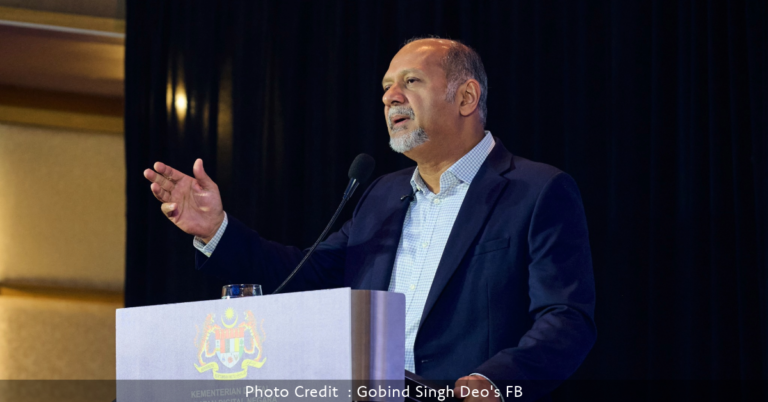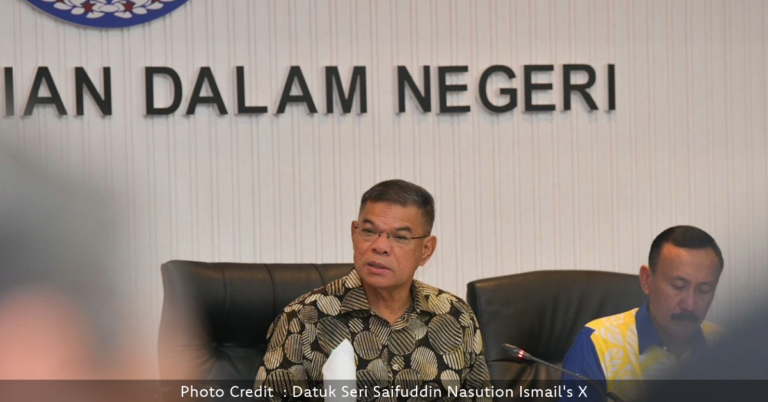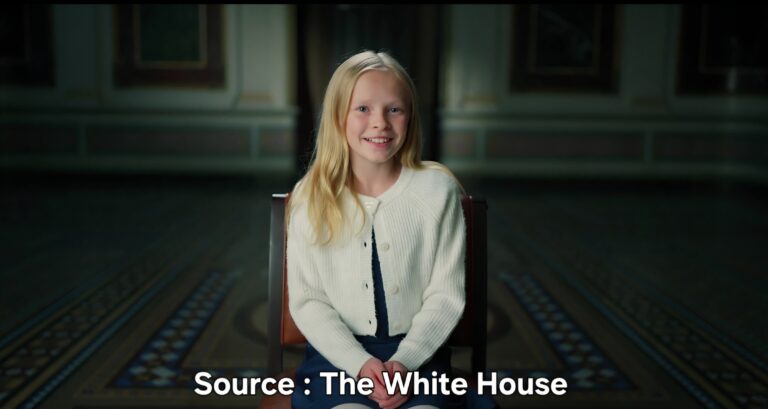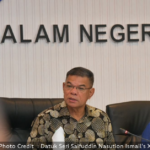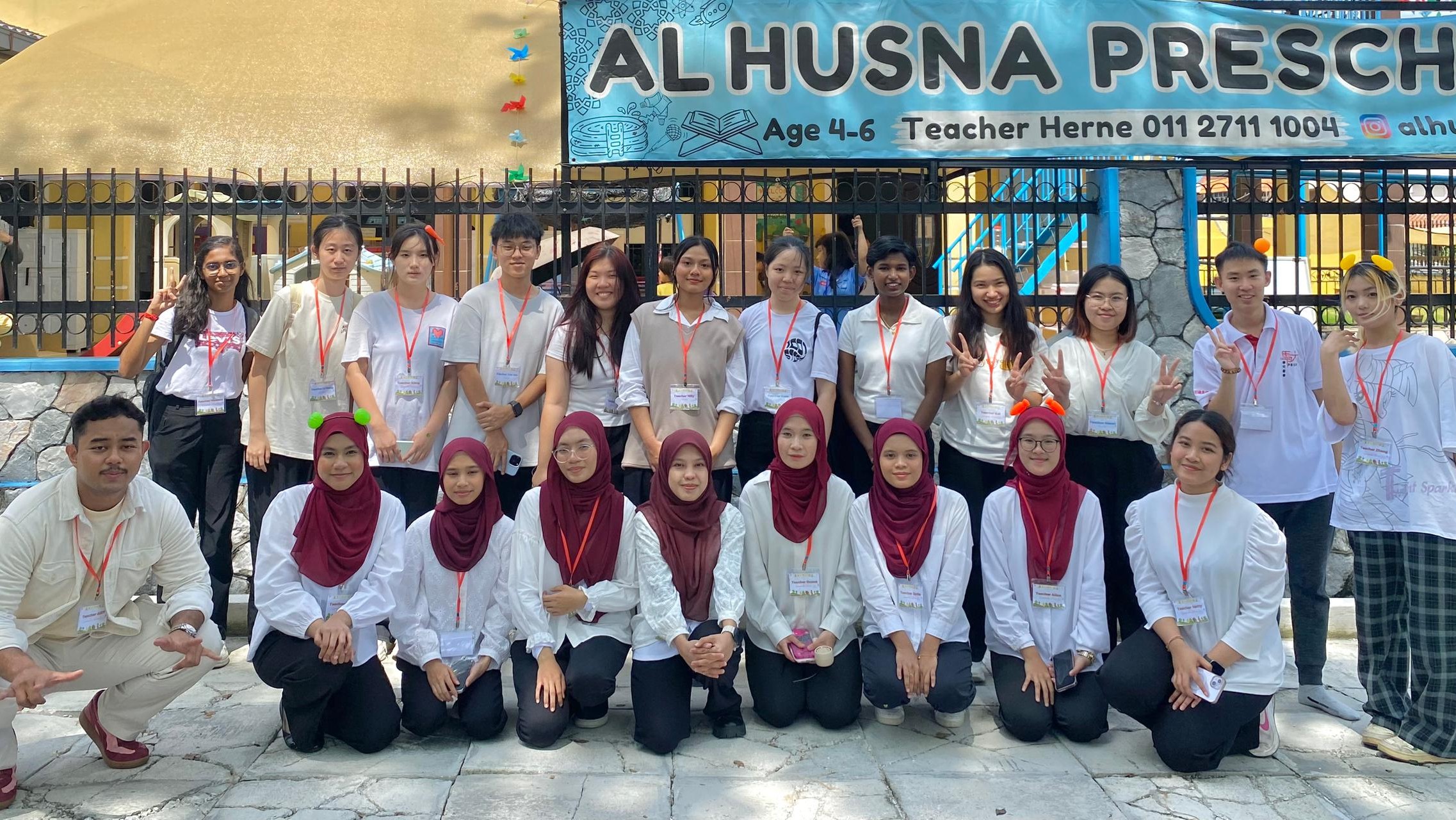
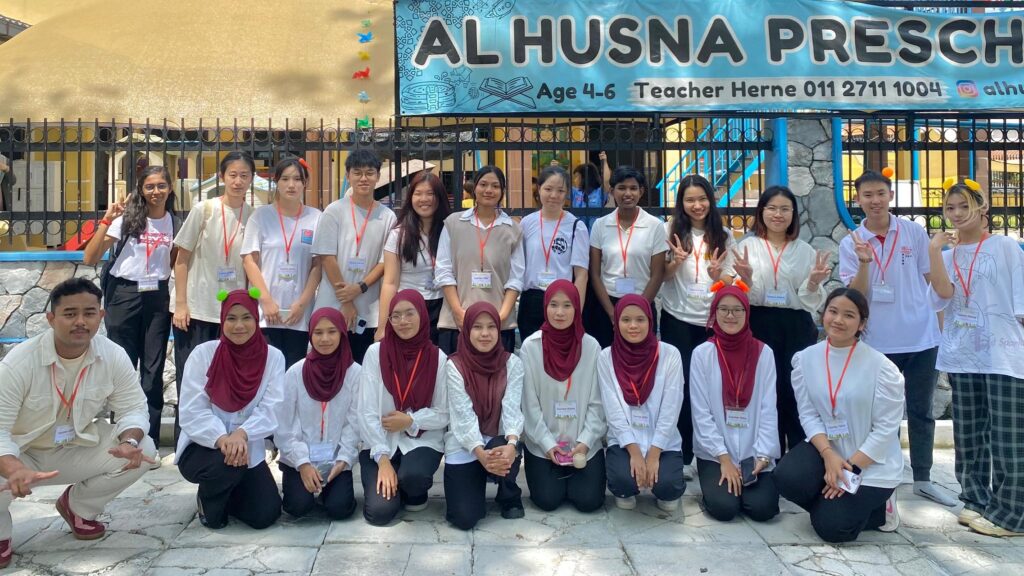
A group of students from the Faculty of Law and the Faculty of Education at Universiti Malaya, known as Guardians of the Food, recently collaborated on a SULAM project at Tadika Al-Husna in Petaling Jaya. The program aimed to introduce young children to the importance of mindful eating and sustainable food habits.
“We wanted to design an event composed of fun and educational activities to plant the seeds of awareness about healthy eating habits and food waste reduction at a young age,” said Tengku Aliaa Syairah and Chin Keng Fong, Directors of Guardians of the Food Project from the Faculty of Education and Faculty of Law, respectively.
Through interactive games and hands-on learning sessions, the children explored where food comes from, why it is valuable, and how everyone can play a role in protecting this precious resource.
Two key social issues drove this initiative. Children often lack education on proper nutrition, which is essential not only for health and oral hygiene but also to address growing food wastage. In Malaysia, laws such as the Solid Waste and Public Cleansing Management Act 2007 and the Environmental Quality Act 1975 focus more on waste disposal than prevention. Unlike other countries, Malaysia lacks comprehensive food donation or food waste prevention legislation. Hence, this SULAM project combined legal and educational strategies to raise awareness and drive change.
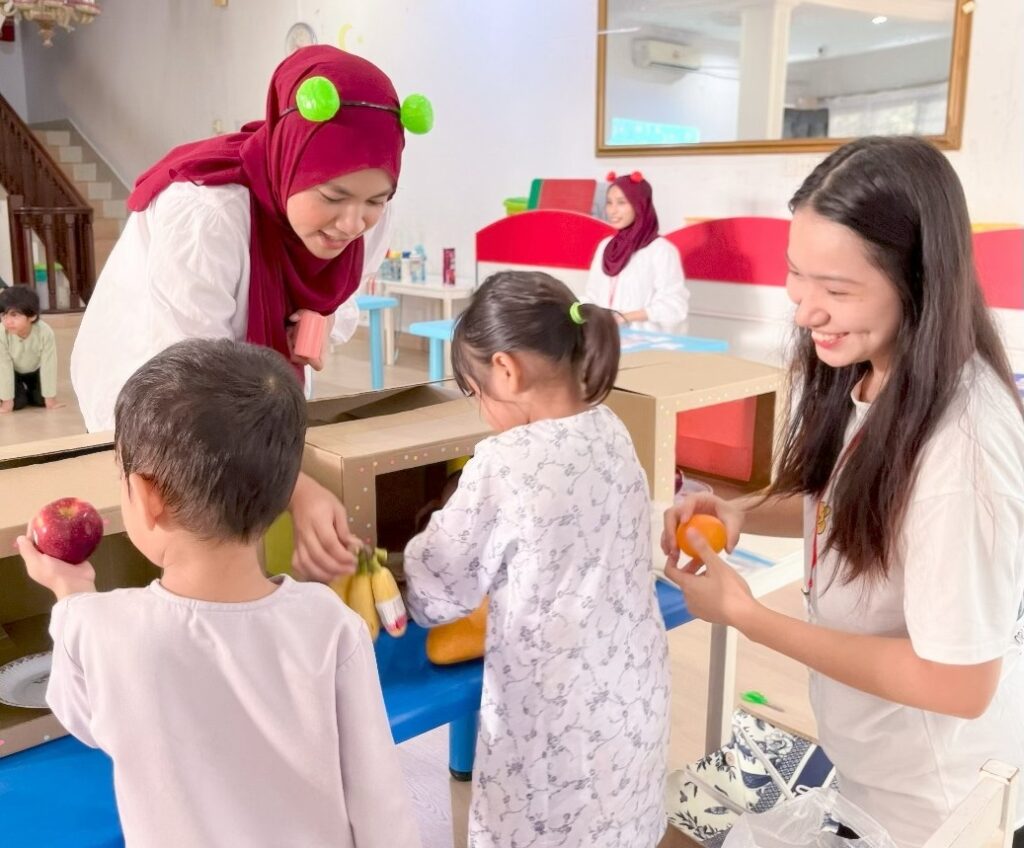
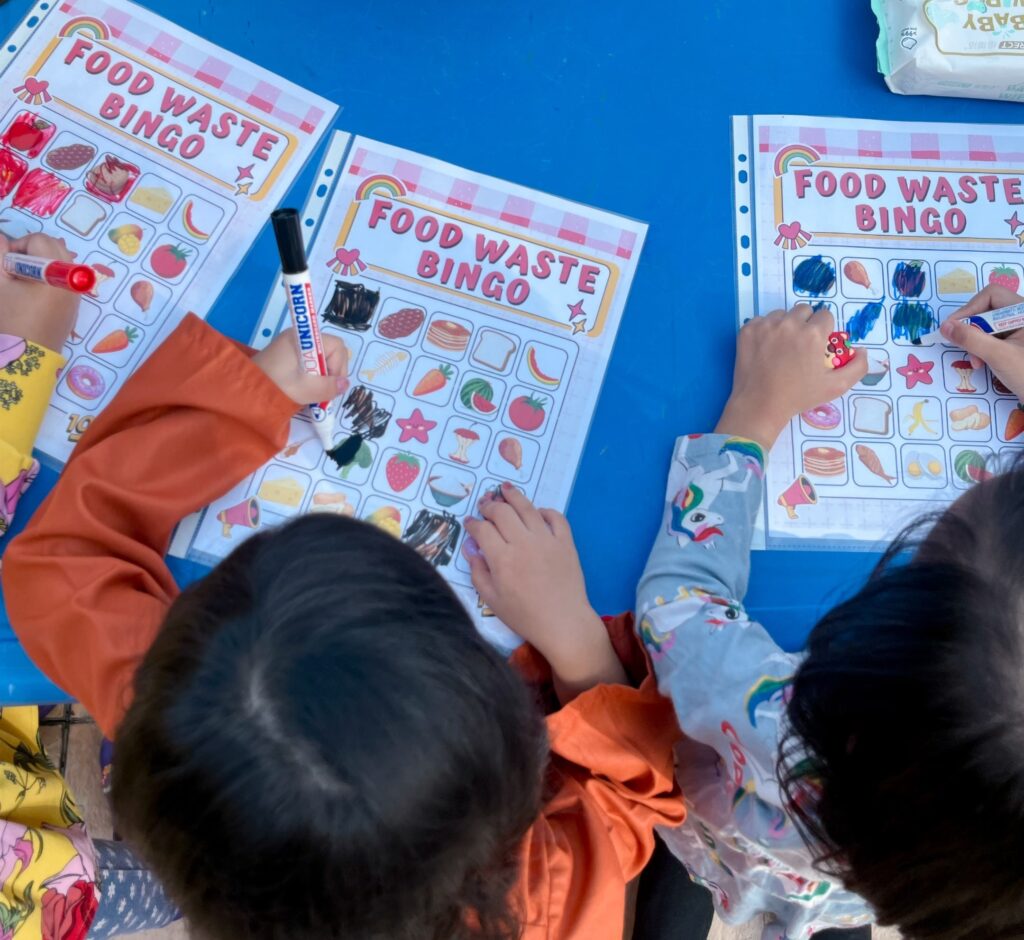
The kindergarten was chosen to introduce these concepts early. Collaboration with the Faculty of Education, who specialize in early childhood education, was instrumental.
“Our expertise proved invaluable in delivering the message about healthy eating in a fun, age-appropriate, and engaging manner,” said Intan Dahwarna, Project Vice-Director of the Faculty of Education.
A total of 45 kindergartners took part in the program, featuring two short talks on nutrition, portion control, and food waste, delivered through storytelling and songs. Additionally, 15 interactive station games reinforced those themes in a hands-on and engaging way. Each student played a specific role—from presenters to facilitators and station leaders—ensuring smooth coordination and active participation.
“The station games were well-prepared, and our kindergarteners enjoyed playing them,” praised kindergarten headmaster Ms. Herne Helan.
At the end of the event, each child received a pamphlet summarizing healthy eating habits and food waste legislation in Malaysia and abroad.
“We hope that students’ parents will understand their legal rights and responsibilities regarding food waste by reading the legislation,” said Natalie Lee, Project Vice-Director of the Faculty of Law.
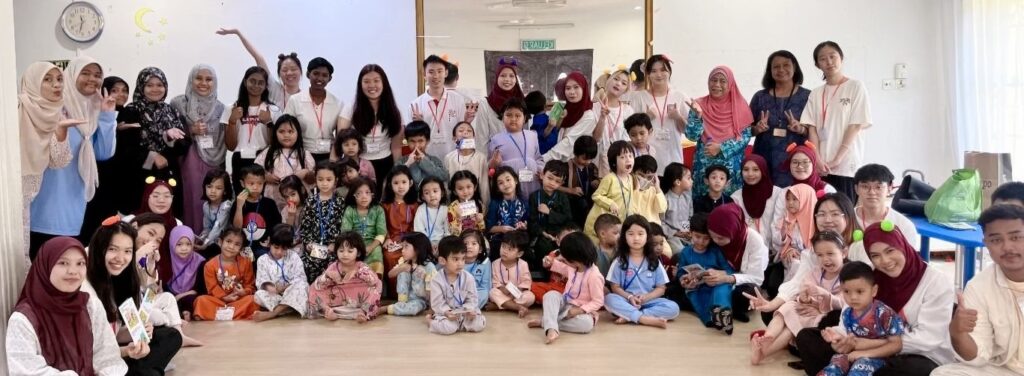
The 23 participating students raised RM690 through self-initiated efforts to support the project ahead of reimbursement. Despite initial coordination challenges, they overcame language and logistical barriers through teamwork and communication.
“To stay within budget, we sourced materials from various retailers through strategic negotiation and crafted all teaching materials in-house,” said Annette Bridgette, Treasurer of the Faculty of Law. “This reflected the team’s determination, care, and sincerity.”
“This collaboration between the Law and Education faculties demonstrates how academic knowledge can directly serve the community,” said Dr. Zalina Abdul Halim, project supervisor from the Faculty of Law. “It’s been inspiring to see the students apply legal understanding beyond theory and into impactful community engagement.”
Reflecting on the experience, students from the Faculty of Law shared how the project contributed to their personal and academic growth. Natalie Lee, Vice-Director, expressed that the initiative helped her realise law is not just about statutes, but about people, and how legal knowledge can be used to shape society through awareness. Chin Keng Fong, Law Director, added that simplifying legal issues for parents in a clear and accessible way was a challenge that pushed him to grow. Annette Bridgette, Treasurer, shared that the project proved how law students can create meaningful change, even outside the courtroom.
Faculty of Education supervisor Prof. Visha also remarked, “Witnessing the children’s involvement highlighted the power of early education in shaping habits around food waste.”
In conclusion, the team believes this project marks the beginning of a lasting initiative—one that fosters environmental responsibility and encourages mindful living from a young age.





